Have you ever applied for a loan and been turned down without fully understanding why? Or wondered why two people earning the same salary could get very different loan offers? The answer might lie in something most Nigerians don’t think about often, that is, your credit score.
This blog is an adaptation of our latest podcast, watch it here!
While the term may sound foreign or technical, your credit score is simply a measure of how trustworthy you are with borrowing and repaying money. And in today’s financial world, whether you’re planning to borrow, invest, or build a long-term financial legacy, your credit score is a powerful tool that can either work for you or against you.
Let’s break it down.
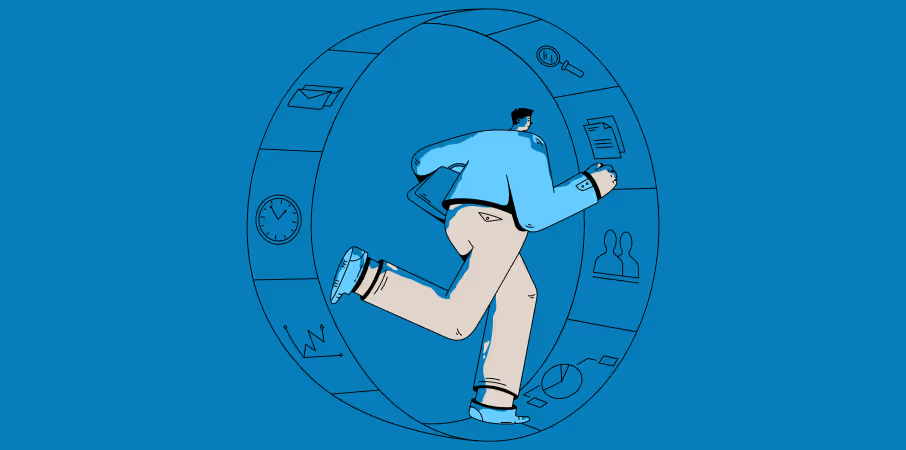
1. What Is a Credit Score?
A credit score is a three-digit number that reflects your creditworthiness, how well you’ve managed loans, credit cards, and other debts in the past. In Nigeria, this score typically ranges from 300 to 850. The higher your score, the more likely a lender will see you as responsible and capable of repaying a loan.
It’s calculated using several factors:
- Your payment history (how consistently you repay loans)
- The total amount of debt you owe
- The types of credit you’ve used
- How long you’ve had credit
- Any recent applications for loans
Think of your credit score as your financial reputation, then think of your credit report as your financial behaviour. Just as your reputation can influence personal or business relationships, your credit score affects your financial opportunities.
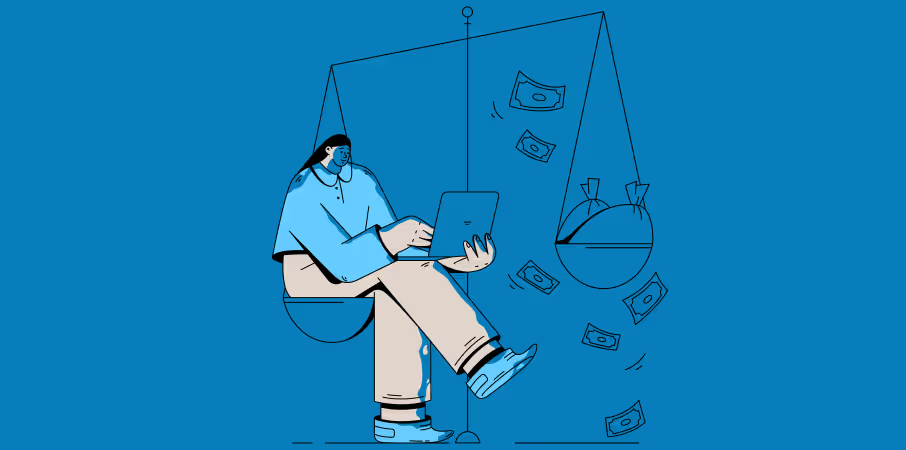
2. Why Is a Good Credit Score Important?
A good credit score is more than just a number, it’s financial leverage. It gives you access to better interest rates, higher credit limits, faster loan approvals, and improved trust from lenders. In short, a high credit score makes your money work harder and cheaper for you.
For example, someone with a high score might get a loan at 10% interest, while someone with a low score could get the same loan at 22%. That difference can mean thousands of naira over time.
Beyond borrowing, some employers, landlords, and even service providers are beginning to look at credit scores to assess how responsible an individual is. Your score can affect where you live, your chances of getting a new job, and even the kind of financial products you’re eligible for.

3. Understanding Credit Bureaus in Nigeria
Nigeria has three major credit bureaus licensed by the Central Bank: CRC Credit Bureau, CreditRegistry, and FirstCentral Credit Bureau. These bureaus collect and maintain data on individuals and businesses from financial institutions, utility companies, and even some retailers.
Each bureau may calculate your score slightly differently, but they all follow a similar structure. That’s why it's possible to have different scores with different bureaus, just like having different perspectives of your performance from multiple supervisors.
The important thing is that these bureaus act as middlemen, helping lenders make informed decisions, and helping you build a financial identity that speaks for you.

4. How to Check Your Credit Score in Nigeria
Checking your credit score in Nigeria is now easier than ever. You don’t need to go to a bank or wait endlessly. Most credit bureaus offer online portals or mobile platforms where you can check your score for free or at a small fee.
Here’s how:
- Visit any of the licensed bureau websites
- Register with your BVN and personal details
- View your credit report and monitor any changes
It’s a smart move to check your score regularly. It helps you track progress, correct errors, and stay financially alert. You’re entitled to one free credit report every year, so don’t let it go to waste.
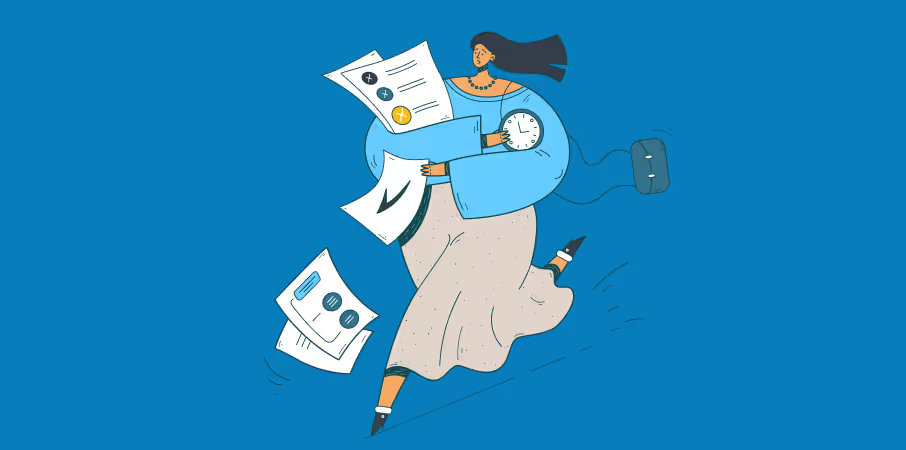
5. How to Fix a Bad Credit Score
A bad score doesn’t mean the end of your financial road. It just means it’s time to rebuild. Like any type of rehabilitation, it takes discipline, consistency, and patience. Here’s how to start:
- Pay off outstanding debts: If you’ve defaulted on any loans, prioritize repayments, even if it means small amounts over time.
- Pay bills on time: Missed payments are a major red flag. Start building a habit of early or on-time payments.
- Limit new credit applications: Applying for too many loans at once can hurt your score. Be strategic.
- Monitor your report: Correct any errors or outdated information that might be affecting your score unfairly.
- Build positive credit history: Use small credit facilities and repay promptly to build trust again.
Remember, financial growth is a journey. Your score might be low today, but with the right habits, you can bounce back stronger.
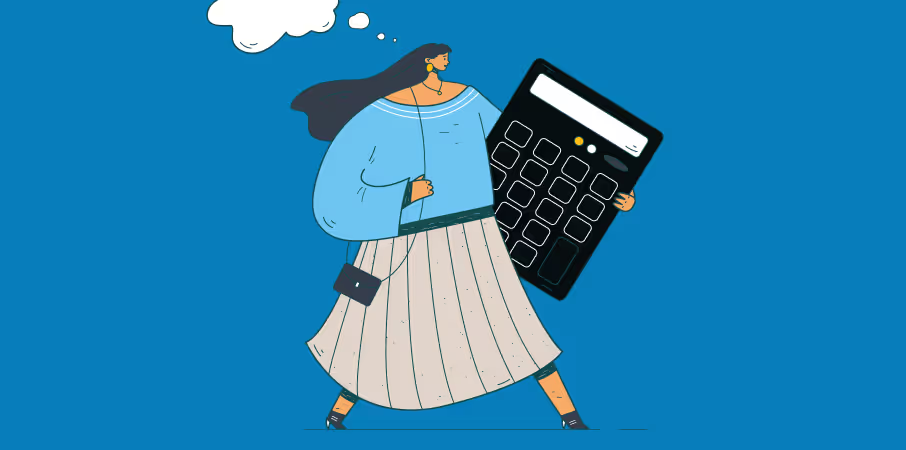
Learn how to improve your credit rating in Nigeria
6. Let’s Talk About Smarter Borrowing
Mastering your credit score is only one part of the conversation. The other is learning how to borrow smarter. That means:
- Borrowing only what you need
- Choosing repayment plans that align with your income flow
- Being honest with your lender if your financial situation changes
- Understanding the true cost of borrowing (interest, fees, terms)
Download the free handbook for smarter borrowing here
In today’s world, your credit score is not just a number, it’s a passport to better financial opportunities. Understanding how it works, how it’s calculated, and how to improve it can dramatically change your financial story.
Don’t wait until a loan application gets declined or until you need urgent cash. Start now. Learn about your credit history, build a healthy financial profile, and make decisions today that your future self will thank you for.
Smarter borrowing also means taking advantage of tools and platforms that help you manage your money better, from budgeting planners to credit monitoring platforms to financial planning resources. You have the power to master your credit score and build the kind of financial reputation that opens doors.
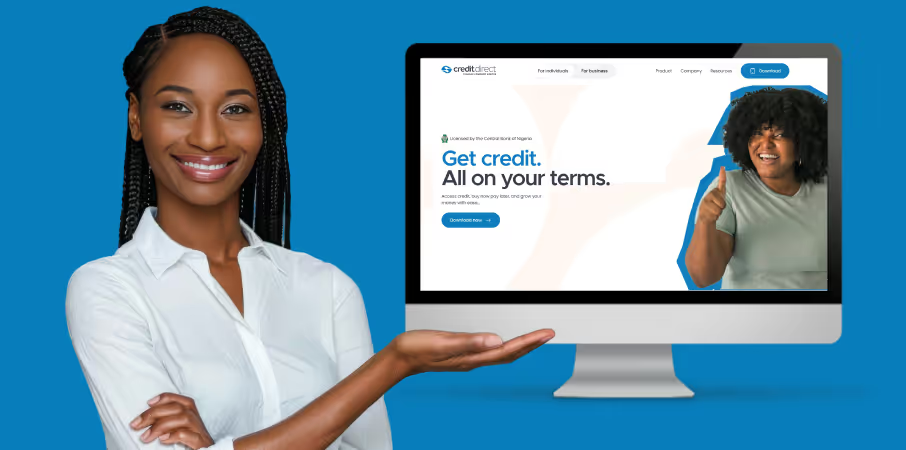
At Credit Direct, we’re passionate about empowering Nigerians to borrow better, smarter, and more confidently. That’s why we made this podcast to demystify credit scores and put the power of financial knowledge back in your hands.
Ready to take charge?
Download the Smart Borrowing Handbook; an easy-to-read resource that helps you make confident and informed decisions about taking loans.
Don't forget, this blog is based on the latest episode of our podcast, Mastering Your Credit Score & Credit Report.
Click to listen now on Spotify or watch it on YouTube.






.avif)
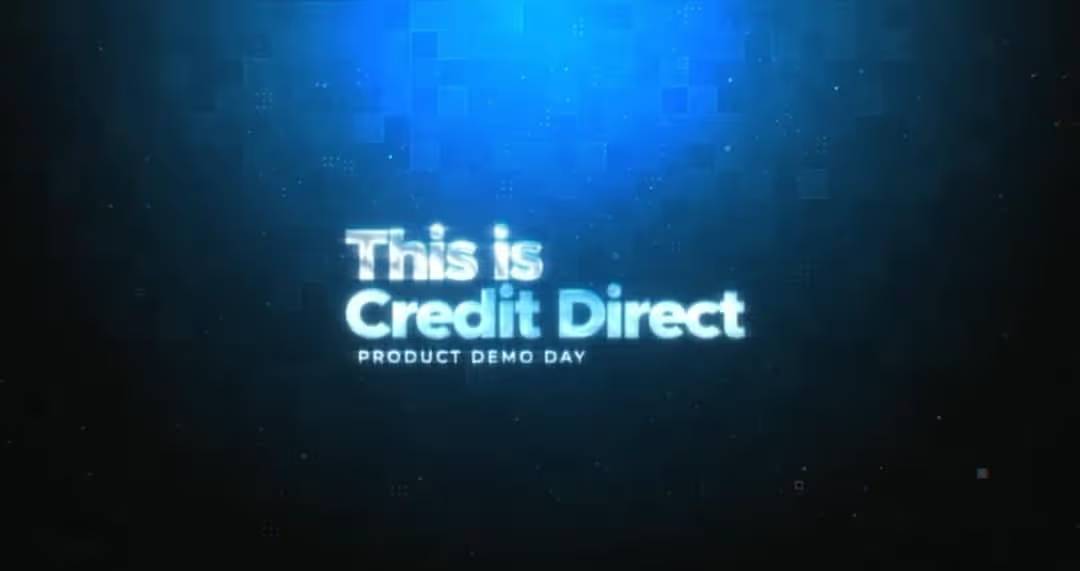
%20compressed.png)